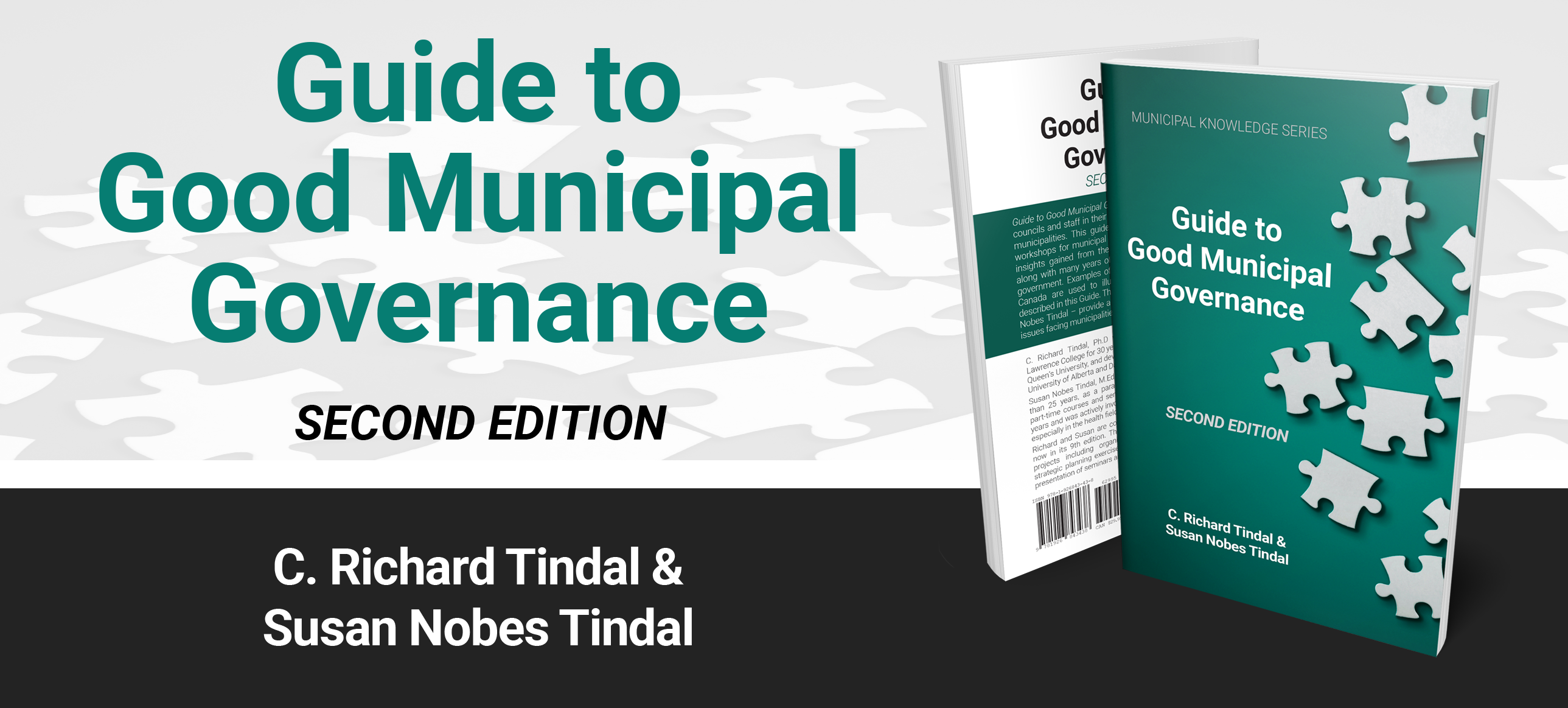Preparing for the journey to recovery

The pandemic is having profound impacts on every community, with municipalities facing an unprecedented financial crisis that could last for years. As a result, there will be numerous difficult decisions about staffing, service levels, and taxation. At the same time, municipalities will need to play a central role in helping communities return to normal, although it will almost certainly be a different normal than 2019.
Some provinces are now stepping up and allowing municipalities to run deficits for a period of time. Eventually, every province will need to do this. However, even with operating deficits the financial impact will be lasting, and getting back into balance, in 2021 or beyond, will be very difficult. There is much more provinces can and should do.
Here are six things that every municipality needs to do in the short and medium term.
1. Model the worst-case scenario for revenue resumption, because that is the likely scenario.
Bluntly put, your revenues are not rebounding to 2019 levels for at least two to three years, and perhaps longer. Until a vaccine is found, and the population widely vaccinated, your revenues will be massively impacted.
2. Build flexibility into your tax payments.
Just delaying the deadline date for tax payment isn’t nearly enough. Some number of businesses will simply not be able to make payment, and some number of residents won’t either. You need to quickly develop policies allowing significant tax deferrals for all classes of ratepayers.
3. Do a quick core service review, making the hard decisions about non-essential services and service levels.
Once you have done your estimate of future revenues, you will be struck by one important fact: you can no longer afford to deliver all of the services you were delivering before the pandemic, even if you run a deficit. The operating deficit is going to generate substantial new debt that will be in addition to the capital debt you already have. You have to service that new debt and, in time, find a way to pay it back from tax revenue. The fact is, you probably can’t afford to continue many pre-pandemic services and service levels.
4. Get a group working on an economic damage assessment of your municipality.
Create a zoom group of your best and brightest staff. Bring in the Chamber of Commerce. Try to get a picture of how the pandemic has impacted the economy of your community. How many businesses will not be reopening? How will employment be impacted? What new community services and supports might be needed?
5. Do a workforce assessment and prepare for a changed labour market.
The labour market for skilled municipal staff was hot before the pandemic, it may be even hotter afterwards. Moreover, many municipalities in Canada have 30 percent or more of staff, and an even higher percentage of people leaders, who can retire without penalty. Have a plan.
6. Start having an honest conversation with your community about what this means in the long term.
What it means for most municipalities in Canada is reduced services and higher taxes for the foreseeable future. Anyone who sticks to the foolish political fad of promising that they are going to keep tax increases at the rate of inflation, is now simply being dishonest. Similarly, you need to have difficult conversations with the community about service changes and service levels, and the many other difficult changes municipalities will have to take in order to recover.
✯ Municipal World Insider and Executive Members: You might also be interested in James Ridge’s other article: COVID-19 – and the looming financial crisis ahead. Note that you can now access the complete collection of past articles (and more) from your membership dashboard.
Recovery in Motion
In short, every Canadian municipality has a very challenging few years ahead. But time can be saved and the recovery can be expedited if municipal leaders begin now to prepare for that recovery, make the necessary difficult decisions, and have honest conversations with the community about the changes that have to come. MW
James Ridge is author of Municipal World’s upcoming book, Welcome to the Hall: A Practical Guide for Municipal Leaders. He has been the City Manager of Burlington, CAO of North Vancouver, Deputy City Manager of Vancouver, and has held senior positions in the City of Toronto.
Related resource materials:



